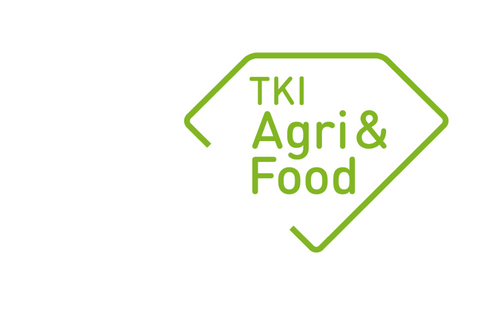Projecttitel: Rapid at-line detection of environmental Listeria in the food industry
Projectnummer: AF-16141
Missie: Gewaardeerd, gezond en veilig voedsel
MMIP: Veilige en duurzame primaire productie (D3)
Looptijd: 2017 – 2020
Projectleider: Heleen de Vogel – van den Bosch
Betrokken partijen: BiosparQ, Cargill, Heijs Food Productions, Metalmembrances, Nestlé, Wageningen University & Research.
Suitable diagnostic tests for rapid, at-line detection, identification and typing of microorganisms are hardly available to the food industry. Therefore, quick adaptation to the microbial status of half-products and during processing steps is very difficult. The use of at-line diagnostic tests for microorganisms would enable a next step in processing within 1 to 2 hours and at least on the same day. Such a processing optimisation may lead to a considerable reduction in costs and will also have direct effects on food safety, food spoilage and sustainability. BiosparQ is developing an innovative technology that is based on ‘single cell’ analysis of bacteria by means of MALDI TOF MS. The ultimate goal is the assessment of the full bacterial composition of a sample in a couple of minutes. Enrichment and culturing of samples would not be necessary, since each cell is detected and identified and typified separately. A successful introduction of the technology would require the development of rapid and dedicated sample pretreatment protocols to concentrate sufficient microorganisms in the test volume. The participants will explore new ways to concentrate bacterial cells from food products into small volumes. In addition to electro-adsorption technology and stacks of nitrocellulose membranes with decreasing nominal pore sizes, specific focus will be on the development of metal membranes that are based on a new and patented technology enabling the production of membrane filters with unique characteristics. The food industry sector will broadly profit from this project. The primary focus will be on the detection of environmental Listeria which is a serious risk at food processing plants. In addition, detection procedures will be developed for other microbial populations as well. The innovative developments in the project will be valuable to the scientific community, since the sample pretreatment procedures and the BiosparQ technology will be applicable in many other sectors as well; the project will boost scientific developments in other sectors. The society will profit from a substantially better detection procedure for environmental Listeria, resulting in less food products being contaminated with Listeria monocytogenes.
Links:
Deel dit bericht

